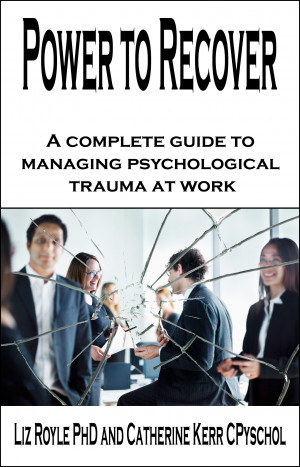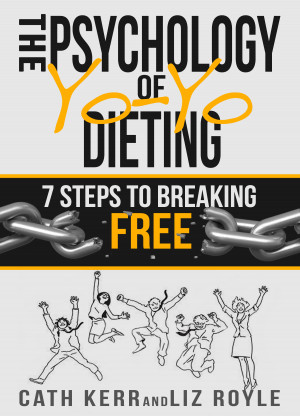Connect with the Author
Share with Friends
Interview with Liz Royle
Published 2018-08-04.
Smashwords Interviews are created by the profiled author or publisher.
Books by This Author
Power to Recover: A complete guide to managing psychological trauma at work
by Liz Royle & Cath Kerr
Price:
$9.99 USD.
Words: 40,100.
Language:
English.
Published: July 31, 2018
.
Categories:
Nonfiction » Health, wellbeing, & medicine » Mental health, Nonfiction » Psychology » Industrial & organizational psychology
If you are involved in the management of a traumatic event at work – whether you are responsible for preparing an organisation, responding to the crisis or facilitating the recovery of those affected – then this book is written for you. Illustrative examples, practical activities and useful resources are interwoven throughout the theory, helping you to explore issues and draw up a strategic plan.
The Psychology of YoYo Dieting: 7 Steps to Breaking Free
by Liz Royle & Cath Kerr
Price:
$9.99 USD.
Words: 33,440.
Language:
English.
Published: July 23, 2018
.
Categories:
Nonfiction » Health, wellbeing, & medicine » Dieting, Nonfiction » Self-improvement » Confidence & self-esteem
Have you been on many, many different “diets” and lost the same half a stone several times over? Written by Counselling Psychologist (and ex-yoyo dieter) Cath Kerr and Dr Liz Royle, this book is about the inner psychological battle that prevents you from achieving and maintaining what you want. It teaches seven key steps to break free from the constant yoyo dieting by working from the inside out.


